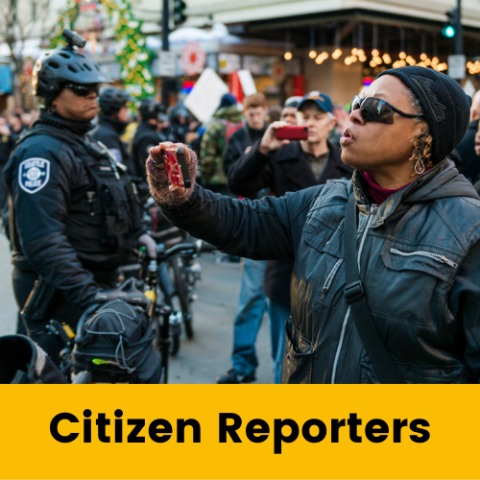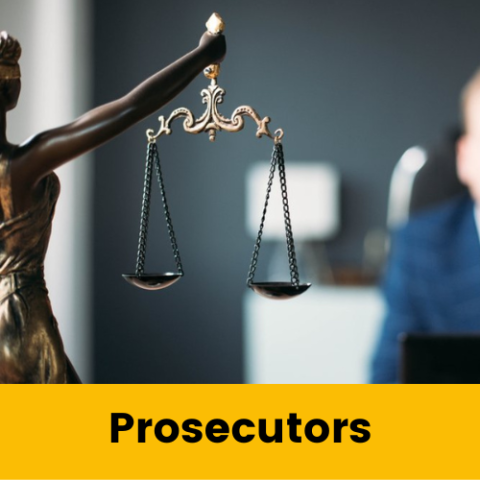Date of Offense
Reporting Authority
Supporting Document(s)
Statement
ADA & public defender crafted a plea bargain which was added to in the abscence of the public defender the day of trial coercing a plea accepted under pressure without knowledgeable representation. Later findings show the ADA had exculpatory testimony in which he concealed to secure the plea deal. The public defender refused to get a recorded admission for the defendant and the prosecutor concealed testimony of both alleged victims admitting to the defendant being innocent. Then a private attorney helped cover up the misconduct by making statements which caused bias and falsely alleging mental health issues the blatent misconduct has multiple levels and instances which can be shown by investigating case 17CR21270 in which i revealed thru emails messages audio recordings and motions to the court which turned a blind eye


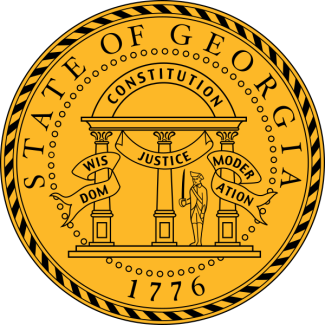
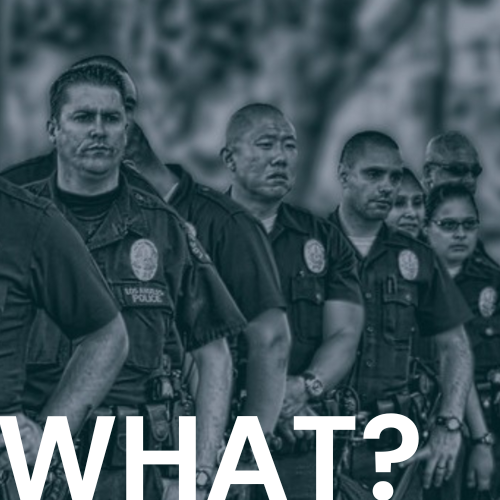
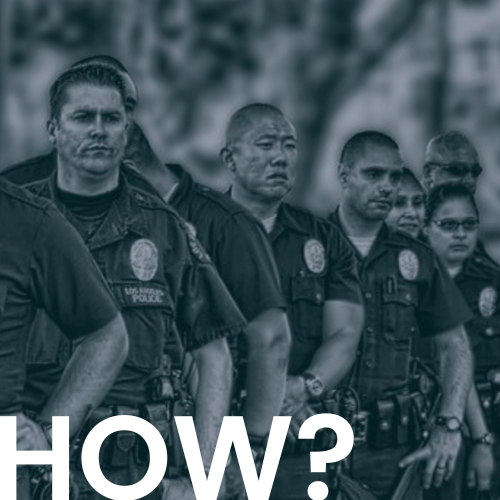
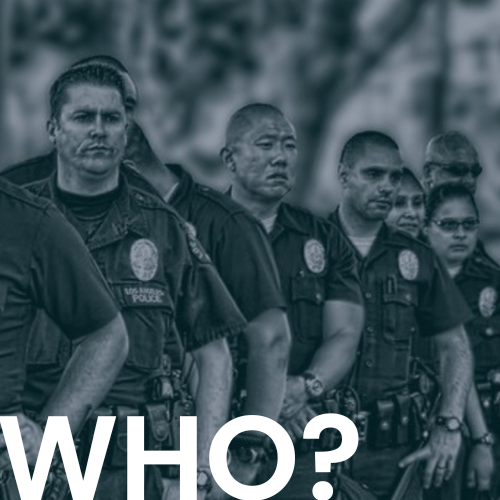
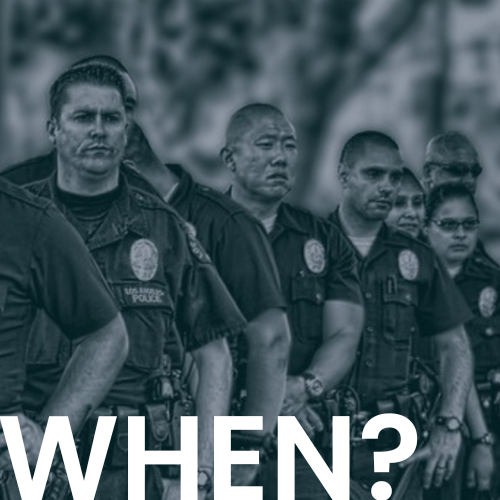
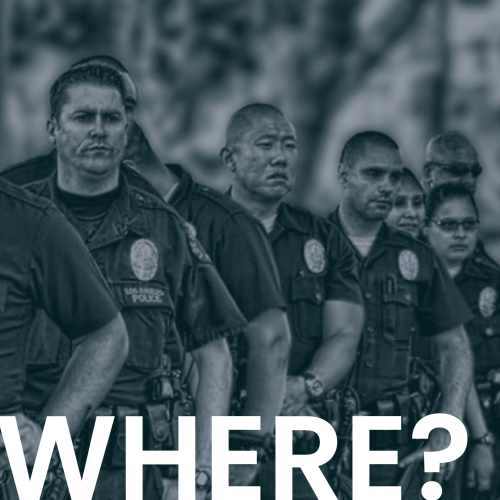
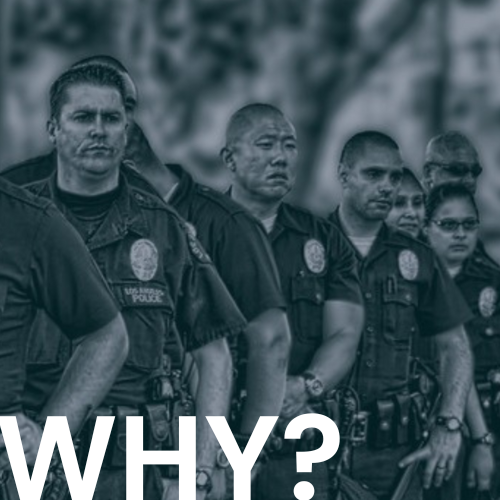
![Peace Officer Standards & Training [POST] Departments Peace Officer Standards & Training [POST] Departments](/sites/default/files/styles/large/public/2023-07/Brady.png?itok=xsIFvU8R)
![Organizations [Law Enforcement et al.] Organizations [Law Enforcement et al.]](/sites/default/files/styles/large/public/2023-07/Brady%20%282%29.png?itok=H7Pj15F8)
